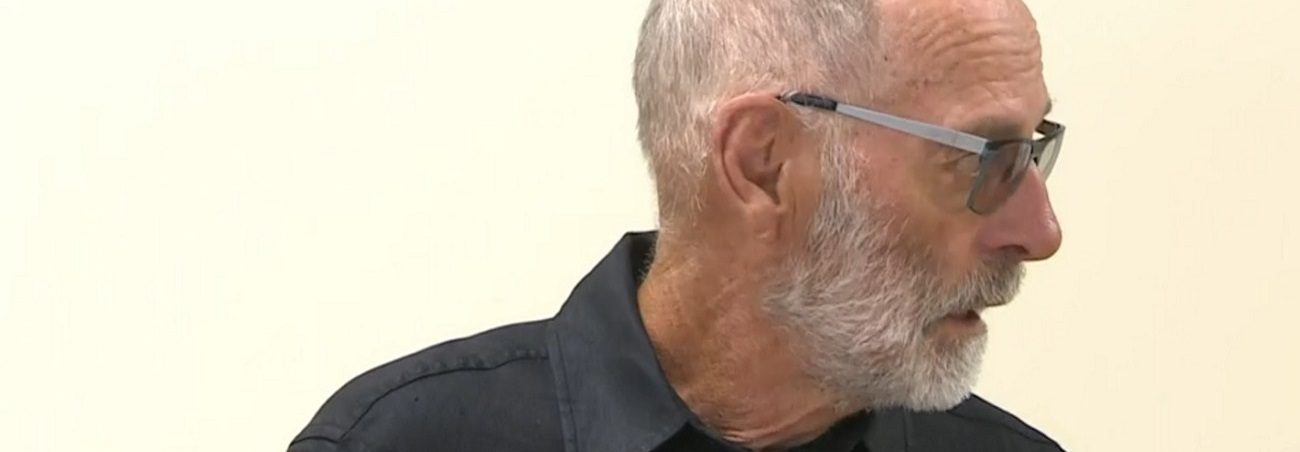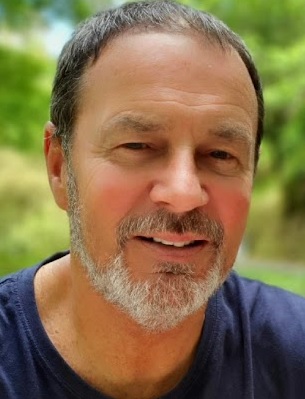
Auckland Mayor Wayne Brown had planned a game of tennis on the day New Zealand’s worst climate-related disaster unfolded.
So that morning, he sent a text to his mates to apologise for a “no show” saying he’d need to be dealing with the “media drongos”.
As became painfully obvious later that day, Wayne urgently needed the media drongos to help convey some clear messages to a community under siege and in need of decisive leadership.
But mayor Brown wasn’t contemplating any of that. This was an event he clearly hoped would pass without much bother, as illustrated by his lack of dialogue with the media throughout that day, and his very late and ineffectual declaration of an official emergency.
In the days that followed, the mayor attempted to deflect any blame for the shemozzle by pointing to the unprecedented weather event and that he was merely taking the advice of officials. Amid a petition and a chorus for him to resign, he rejected the criticism directed at him and initially refused any kind of apology.
The media picnic that ensued became a distraction from the main event – the disaster – and seemed to channel all the public frustration in the direction of one Wayne Brown.
Mayor Brown won the job at the 2022 local elections on a platform saying he would “fix Auckland” and “cut waste”.
Few voters knew much about Wayne Brown, but his tough message attracted those who thought that Auckland needed fixing and was being unnecessarily wasteful. He also benefitted from a team of campaign professionals who ensured his campaign stayed on the rails and he would enjoy plenty of exposure, with the help of a campaign fund well above other candidates.
One obvious tactic of “keeping Wayne on the rails” was getting him to avoid engaging with the mainstream media. Apparently, he’s OK in a one-on-one interview, but he can have difficulties with larger groups, especially if he has to answer tough questions.
Through the campaign, Wayne Brown soon became the front-runner, despite his lack of engagement with the media. One can assume, because of this, he was widely cast as remote and surly. But maybe the electorate thought a need for a fresh face, after the engaging and media savvy Phil Goff, was what was needed. A tough hombre who doesn’t need to talk – he will just get on and things will happen.
On day one of his mayoralty, it’s reported he took his whānau on a helicopter joy-ride over his new kingdom. And he immediately hung tough on what he wanted changed in Auckland Council, such as departmental leadership resignations and radical cost cutting. And all the while, he was refusing to talk to most media outlets, prompting a stream of “anti-Wayne-Brown” commentary.
Then some realities hit the new mayor. First, much of the budget he wanted trimmed was already committed or, on closer inspection, vital in some respects. Then, the heavens opened as Wayne was proposing to cut the number of media communications people in Auckland Council. Suddenly, the rain appears to have prompted a tyre-burning U-turn and he is now wanting more media communications people. Jeez, Wayne!
If there’s a simple lesson in all this, it is that people who take on community leadership need to do just that – lead. As many politicians and Gary Glitter would attest, the problem isn’t just what you did in the first place, it is the fudging afterwards that compounds matters. When the inconsistencies are revealed, what follows is contempt from the media and public opprobrium.
Wayne Brown would do well studying the book Wayfinding Leadership by Dr Chellie Spiller, John Panoho and Hoturoa Barclay-Kerr, which is self-described as bringing an innovative, practical approach to leadership and management.
Mayor Brown should be encouraged to read this paragraph:
“The conventional ‘business as usual’ approach to business and developing leaders is often insufficient for building the kinds of organisations we need today where ‘leaders need to deal with complex organisational dynamics, respond to unpredictable and chaotic challenges, and create meaning and purpose amid uncertainty’.”
Three cheers for that.
 You can contact Fraser here.
You can contact Fraser here.
Fraser Carson is the founding partner of Wellington-based Flightdec.com. Flightdec’s kaupapa is to challenge the status quo of the internet to give access to more reliable and valuable citizen generated content, and to improve connectivity and collaboration.
Flightdec websites include: KnowThis.nz, Issues.co.nz and Inhub.org.nz.
OTHER POSTS
LATEST POSTS
- Who was our first knight?
- Carl Lutz – farmer who loved the land, and Fordsons
- Arthur saw nature ‘with eyes of admiration’
- Ōtaki abuzz with film festival - Ōtaki Today
- Hall helps to connect and build community
- Fear breeding fear, fear and more fear
- Plenty of help organisations in times of need
- Poor official communications fuel misinformation
- Cultural infrastructure could be our saviour
- Four-storey blocks coming as developments fast-tracked
- The world’s therapist offers little hope for global ills
- Modern conservatism the quiet killer
- Di’s QSM for services to community and environment
- However bad it might get, keep smiling
- AI is coming, ready or not
- Rewi’s story one of adversity in old Ōtaki
- Arise King Brown of the Kingdom of Auckland
- Rebuilding should draw on mātauranga
- Urban designer poses critical question - What’s the plan for Ōtaki?
- Brown hits the fan as water levels rise
